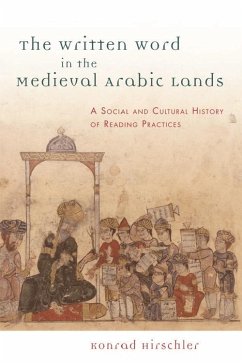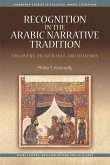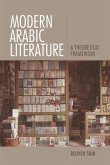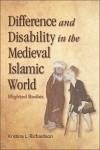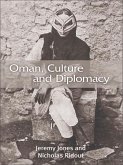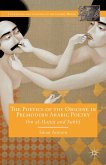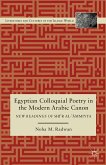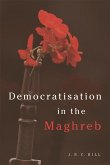How the written text became accessible to wider audiences in medieval Egypt and Syria.Medieval Islamic societies belonged to the most bookish cultures of their period. Using a wide variety of documentary, narrative and normative sources, Konrad Hirschler explores the growth of reading audiences in a pre-print culture.The uses of the written word grew significantly in Egypt and Syria between the 11th and the 15th centuries, and more groups within society started to participate in individual and communal reading acts. New audiences in reading sessions, school curricula, increasing numbers of endowed libraries and the appearance of popular written literature all bear witness to the profound transformation of cultural practices and their social contexts. A detailed and wide-ranging analysis of reading in the periodExplores the key themes of literacy, orality and auralityExamines the accessibility and profile of librariesLooks at popular reading practices, often associated with the notion of the illicit
Dieser Download kann aus rechtlichen Gründen nur mit Rechnungsadresse in A, B, BG, CY, CZ, D, DK, EW, E, FIN, F, GR, HR, H, IRL, I, LT, L, LR, M, NL, PL, P, R, S, SLO, SK ausgeliefert werden.

